
BRICS Countries Support HSE University’s Project to Launch Fair Competition Platform
A meeting of the BRICS Coordination Committee on Antimonopoly Policy was held in Geneva as part of Russia's BRICS Chairship in 2024. The meeting participants supported a project to launch a BRICS Interstate Platform on Fair Competition, developed by the International BRICS Competition Law and Policy Centre of HSE University and presented by the FAS of Russia as an initiative of the Russian Chairship.
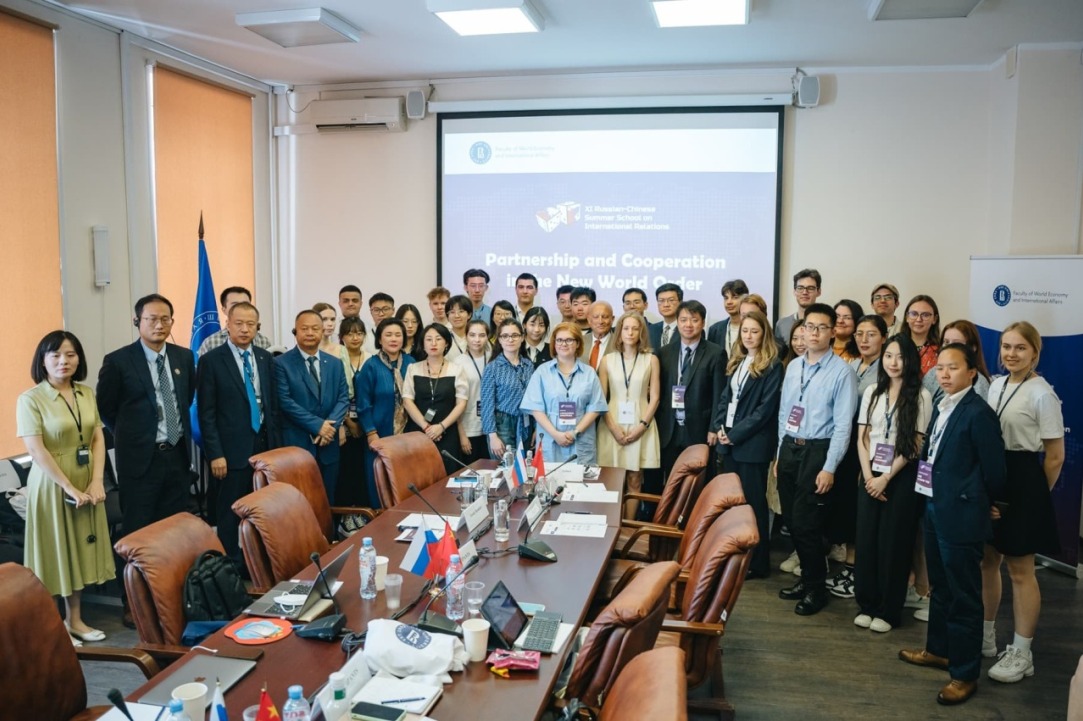
The XI Russian-Chinese Summer School on International Relations Kicks Off at HSE University
On July 1, 2024, the opening ceremony of the XI International Russian-Chinese Summer School on International Relations, titled ‘Partnership and Cooperation in the New World Order,’ took place. The event was organised by the HSE Faculty of World Economy and International Affairs in collaboration with HSE Centre for Comprehensive European and International Studies (CCEIS). Graduate and postgraduate students from various countries have come to Moscow to study international relations and collectively envision a new world order.
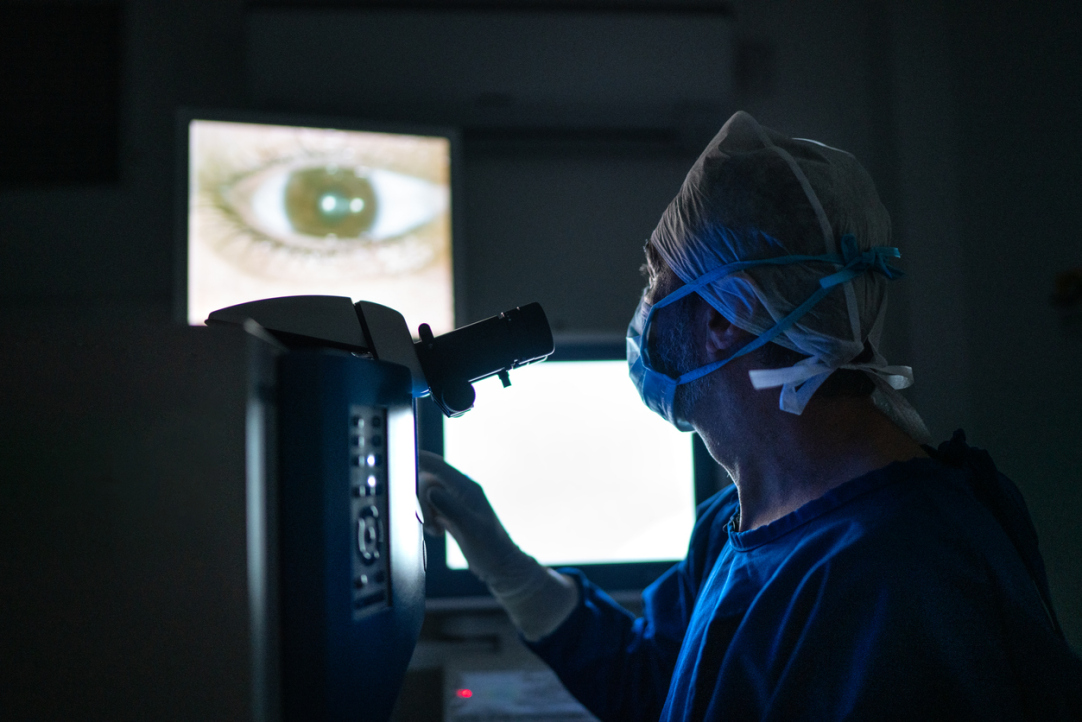
‘I Came Up with the Idea to Create an Application Useful for Practicing Physicians’
Dmitry Ryabtsev, a 2024 graduate of the master's programme at the HSE Faculty of Computer Science, created an AI-powered software service for ophthalmology during his two years of study. This product is now entering the market, and its developer plans to participate in establishing a working group on software engineering for medical applications at the HSE Faculty of Computer Science, with the goal of promoting more genuinely useful domestic projects. In an interview with HSE News Service, Dr Ryabtsev shared his story of how a professional doctor turned into a programmer.

Comic to Help Students Adapt to Life at HSE University
Each year, HSE University launches a call for projects as part of its Professional Development Programme for Administrative Staff (PDP). This year, the programme's eighth annual call included four project proposals, each presented by its respective team, so that HSE University's staff could vote for the best proposal. The winner of the eighth annual call was the team of the project titled Assistance and Support for Chinese Students' Adaptation to HSE University's Community.

‘This New Specialisation Will Be a Real Challenge for the Most Ambitious and Motivated Students’
The HSE University and Kyung Hee University Double Degree Programme in Economics and Politics in Asia is launching a new specialisation in ‘Quantitative Economics and Finance in Asia.’ Students will gain fundamental knowledge regarding the mechanisms, driving forces, and features of economic and financial processes in Asia through the prism of quantitative analysis methods. Ivan Deseatnicov, Supervisor of the new specialisation, Associate Professor at HSE Faculty of World Economy and International Affairs, speaks about the features of the new track.
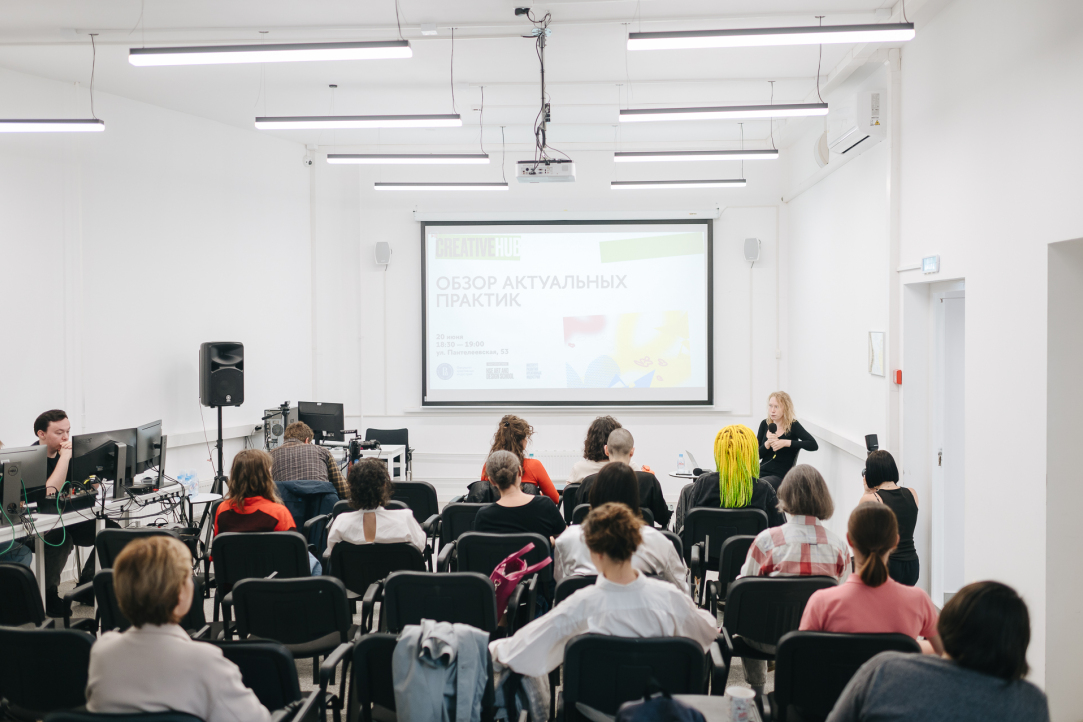
Conference at HSE CREATIVE HUB Explores Key Trends in Art in 2023-2024
In late June, the HSE CREATIVE HUB hosted an expert conference titled 'Exhibition Season Trends,' focusing on recent tendencies in contemporary art. Prominent art critics and artists discussed landmark exhibitions, trends for 2023-2024, and their potential impact on the developments in this field in the near future.
.jpg)
‘Two Interdisciplinary Research Centres Can Create New Synergy between Themselves’
In mid-June 2024, HSE University and the Joint Institute for Nuclear Research in Dubna held a joint working meeting. This meeting was the first under an agreement signed by the research centres in 2024, when HSE University and JINR agreed to jointly participate in experiments of the NICA megascience project, as well as interact in the field of theoretical and mathematical physics, information technology, and personnel training. These issues were the focus of the first working meeting. Details are in the JINR report.
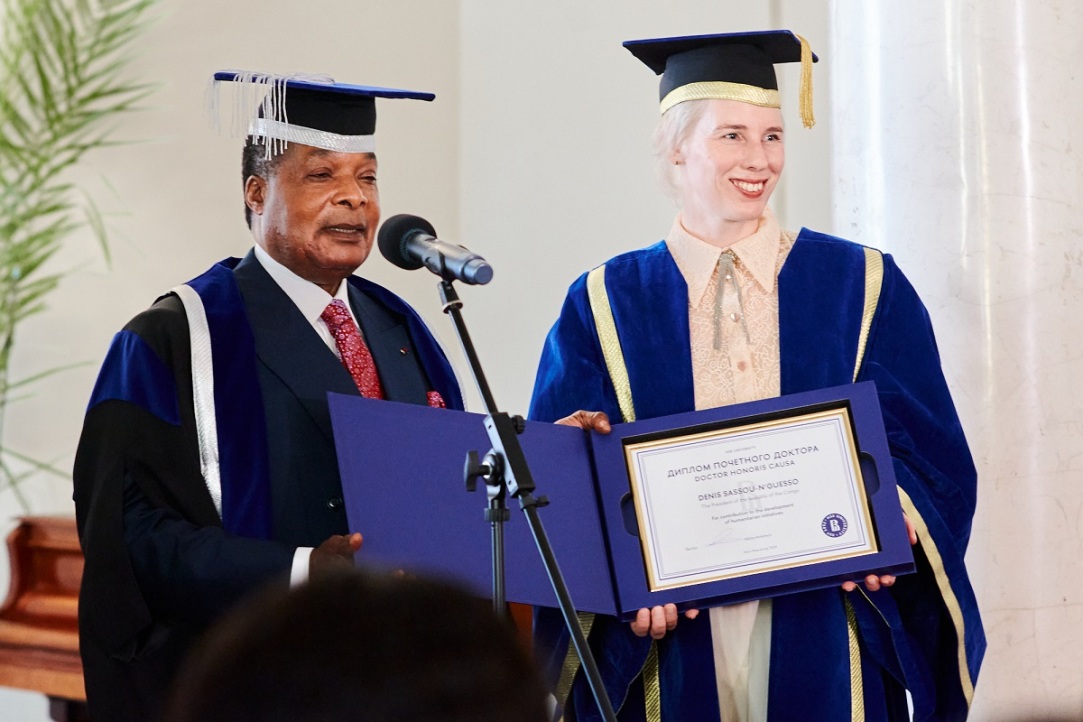
HSE University—St Petersburg Hosts a Discussion on Russian-Congolese Cooperation in Education
On June 29, 2024, the President of the Republic of Congo Denis Sassou Nguesso visited St Petersburg as part of his official visit to Russia. He spoke at the meeting of the Academic Council of HSE University—St Petersburg. The participants discussed Russian-Congolese cooperation in education.

'Potsherds and Spindles. Joy and Burden': New Exhibition at HSE ART GALLERY
A series of paired solo exhibitions has been launched at the HSE ART GALLERY on Pionerskaya: projects by teachers and students of the HSE Art and Design School are now exhibited at one venue. The first project in this series is by Vladislav Efimov, a teacher, and Alexandra Zamuruyeva, a student of the ‘Design and Contemporary Art’ programme.
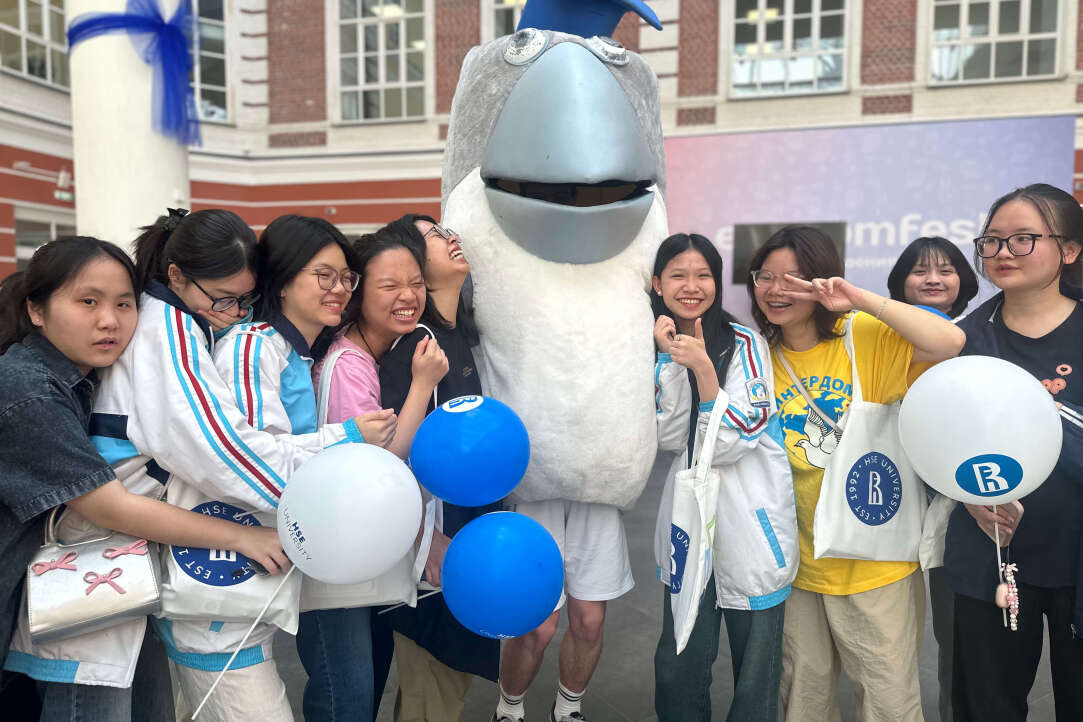
HSE University Takes School Students from Vietnam on Pokrovka Campus Tour
The HSE International Admissions Office organised a guided tour of HSE University's campus on Pokrovsky Bulvar in Moscow for visitors from Vietnam who are studying Russian—a group of 20 students at Thai Nguyen High School for the Gifted and Foreign Language Specialised School, Vietnam National University, participants of the 'Russian Teacher Abroad' international project.

